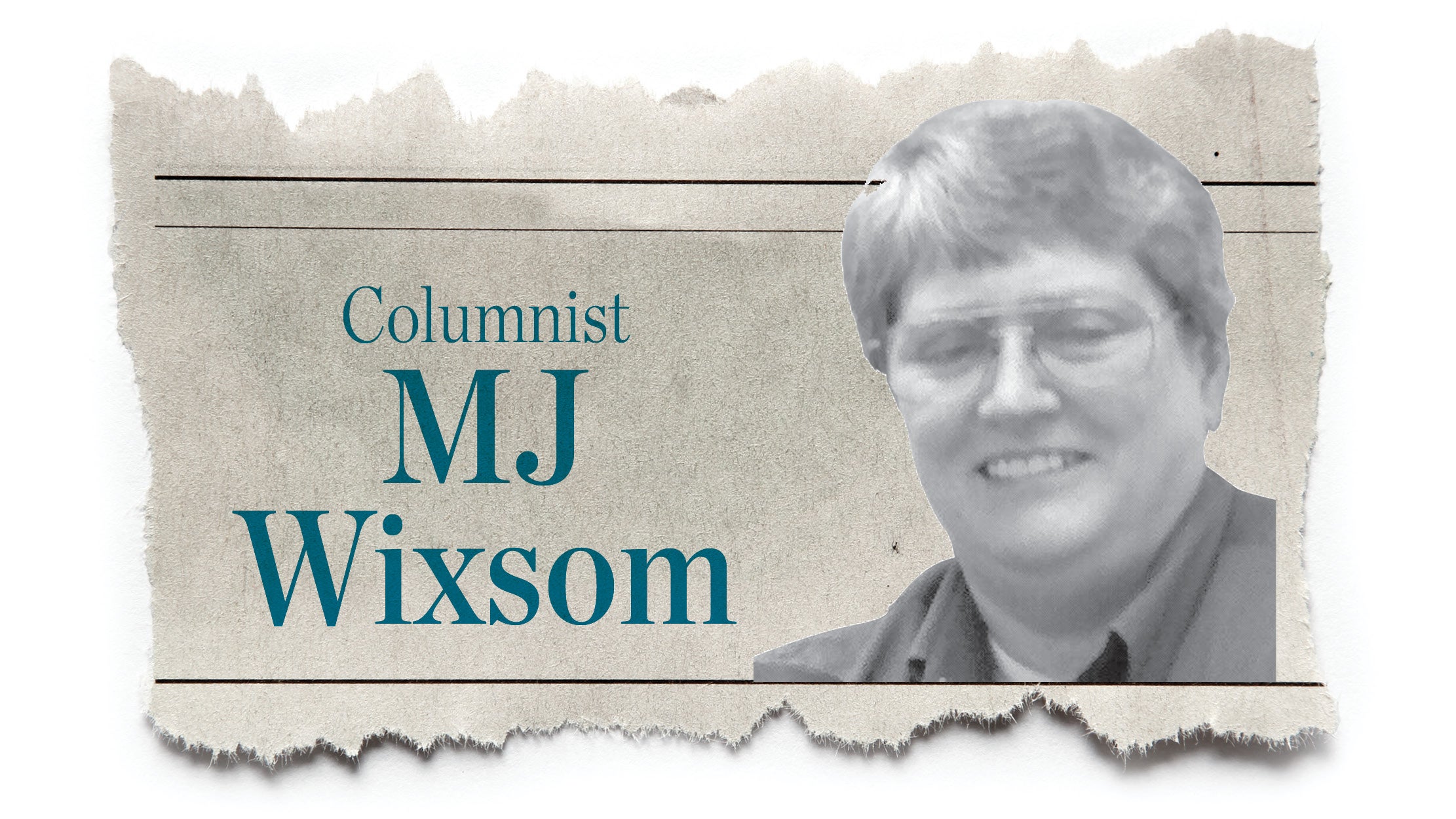St. Mary’s, UK cancer center inks partnership
Published 12:00 am Sunday, February 1, 2015
HUNTINGTON W.Va. — Cancer patients throughout the Tri-State will now be able to receive the most current medical treatments thanks to a new partnership between St. Mary’s Regional Cancer Center and the Markey Cancer Center at the University of Kentucky.
A press conference on Friday at St. Mary’s announced the partnership where professionals from both parties talked about the importance of the deal.
“St. Mary’s and HIMG (Huntington Internal Medicine Group) have worked for many years to provide excellence in cancer care and treatment in the Tri-State. Thousands of cancer survivors who have been patients are testament to the great work they’ve done here,” Doug Korstanje, director of marketing and community relations at St. Mary’s said in an opening statement.
“St. Mary’s and HIMG patients will now have access to the clinical trials and research happenings at UK and Lexington without ever having to leave the Tri-State.”
In July 2013, the Markey Cancer Center became the 68th National Cancer Institute-designated cancer center in the country and the only one in Kentucky. With the partnership with the Huntington medical center, St. Mary’s is now the first member of the Markey Cancer Center Research Network, a newly launched initiative conducting high priority cancer research through a network of collaborative centers with expertise in the delivery of cancer care and conduct of research studies.
Dr. Timothy Mullett, medical director at the Markey Cancer Center, talked about the importance of a partnership like this in the Tri-State.
“Our exposure with this is really driven by the fact that we have a tremendous burden of cancer,” he said. “If you look across the country, we have some of the highest risk regions between Kentucky and West Virginia. With that burden, we feel a constant obligation, and that obligation is going to be met by the Markey Cancer Center Research Network.”
Dr. Mark Evers, director of the Oncology Service Line for UK HealthCare, also addressed the issue of cancer in the region.
“Unfortunately, both Kentucky and West Virginia are home to the highest rates of cancer mortality in the country. As a matter of fact, the cancer rates in central Appalachia far exceed that of the rest of the country,” he said. “This is driven largely by lung cancer and Kentucky and West Virginia are in the top five states with the highest lung cancer mortality. We’re here today to change those grim statistics.”
The partnership contract was initiated on Oct. 1, although it has been in progress for many years, he said.
“As an academic medical center, we really feel that we have an obligation to keep improving in our cancer care. Not just meeting the standard of care, but looking for that next marker of care,” Mullett said. “Our efforts of improving cancer care in Appalachia is going to depend on some key connections that are going to be made with collaborations with institutes like St. Mary’s.”
Access to the national level of clinical trials, which this partnership provides, will provide patients with the most advanced cancer care.
“I work with fighting cancer patients everyday, and I’m so pleased that HIMG and St. Mary’s are now affiliated with the UK Cancer Center,” Dr. Arvinder Bir, HIMG oncologist, said. “I’ve seen how clinical trials can give hope to cancer patients, leading to breakthroughs and new treatments that save lives and change lives.”
Dr. Michael Karpf, executive vice president of health affairs at UK HealthCare, spoke on the significance of this deal with regard to the patients.
“Most people want to stay close to home for as long as possible and we really think that’s important,” he said. “We think that if we’re ever going to deal with health care costs, we need to keep people in community facilities for as long as possible.”
A proposed move to combine St. Mary’s and Cabell Huntington Hospital will not affect the partnership between St. Mary’s and UK.
“In my mind it will actually strengthen the partnership,” Mullett said. “It will extend services to more patients. This is a long-term process and there’s no limit on the contract. We will continue to grow our research network.”




